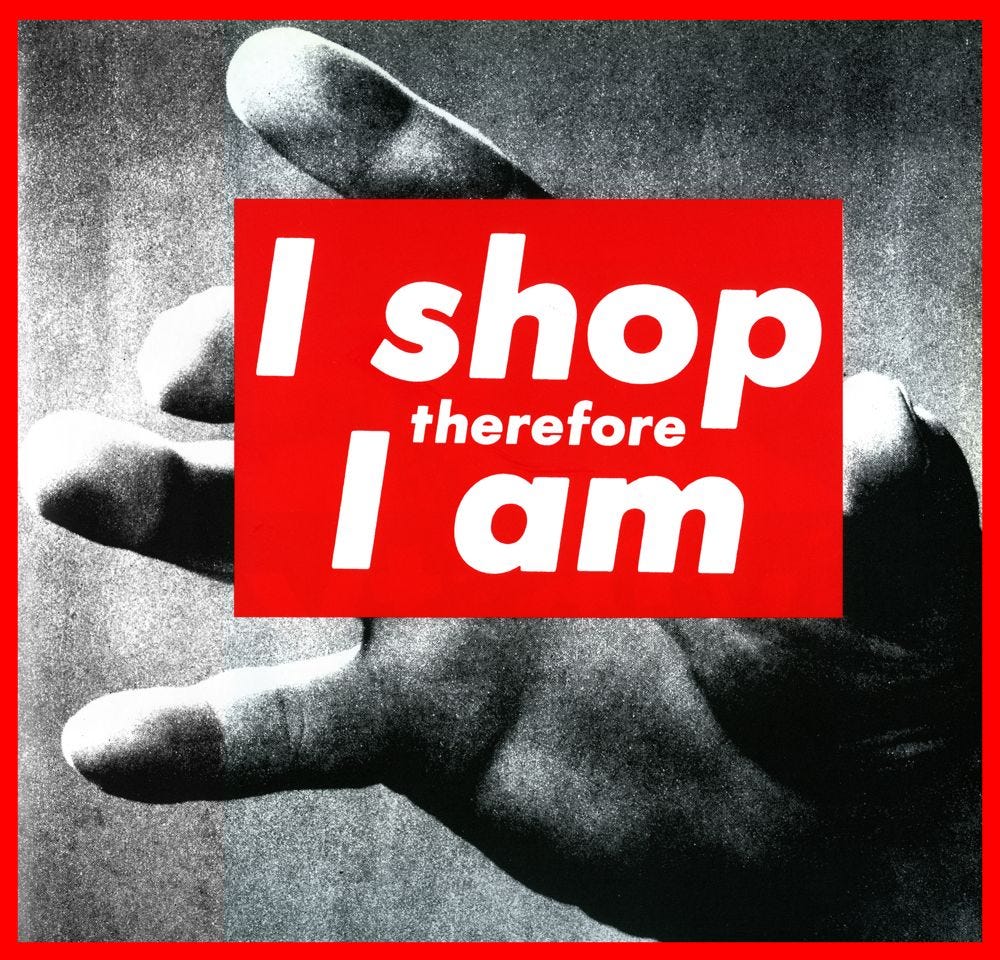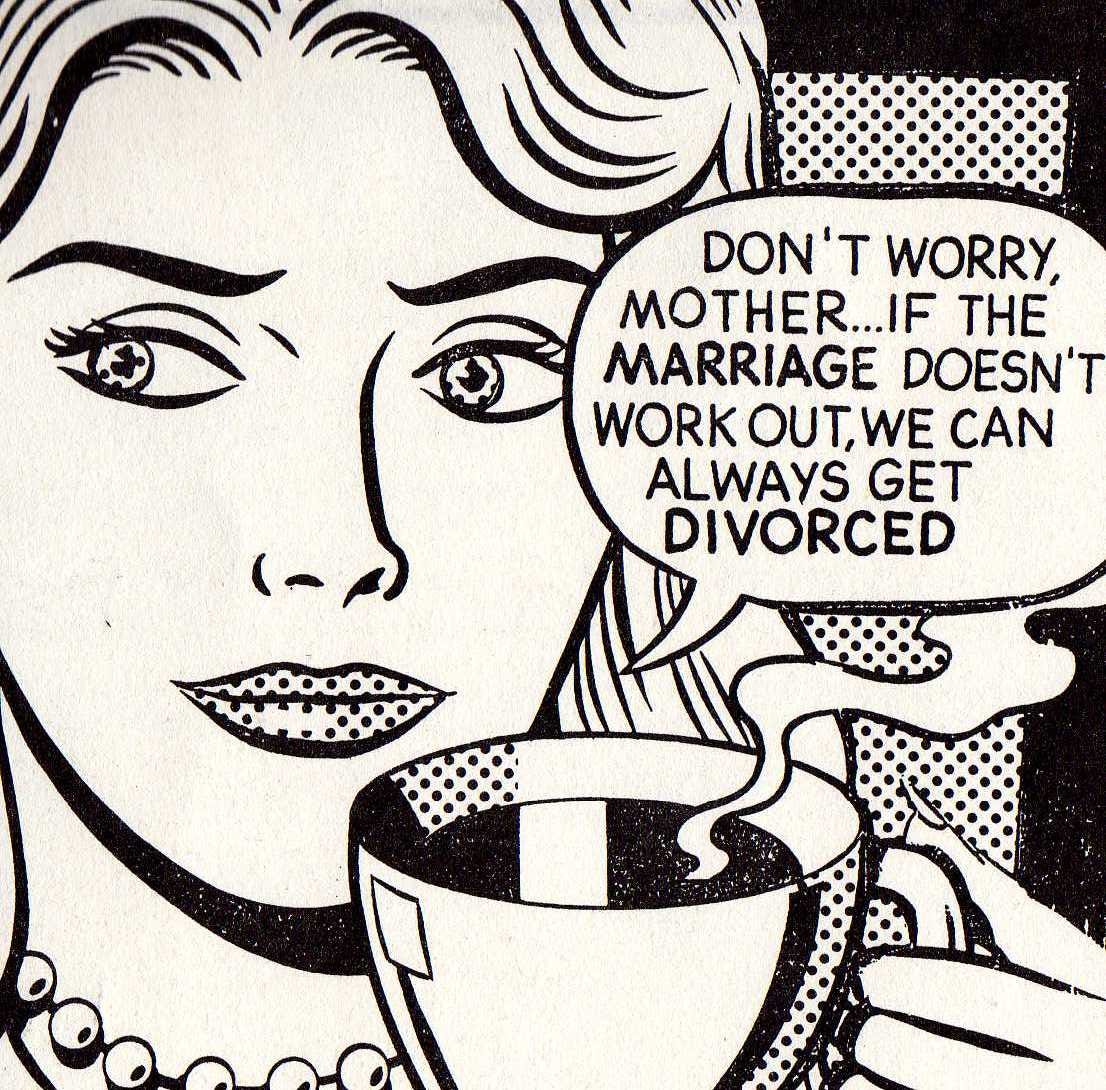“You know, I think the people I feel saddest for are the ones who once knew what profoundness was, but who lost or became numb to the sensation of wonder.”
—Pastor Luke, in Douglas Coupland’s Player One
Has any generation of writers aged as poorly as those of Generation X? Let’s take stock of the most generationally-defining of their number. The literary Brat Pack is not doing so hot—Brett Easton Ellis is a deranged crank whose brain has moved entirely to Mars,1 Jay McInerney married an heiress of the Hearst fortune in 2006 and promptly disappeared, and I think Tama Janowitz was my Uber driver last week. Chuck Palahniuk meanwhile is mostly just trying to scam his own publishers by inflating his word counts high-school-essay-style to land better publishing deals for his recycled novels. How about “The Johnathans”? The overbearingly saccharine twins Lethem and Foer disappeared in a shroud of irrelevancy and a hilarious failure to court Natalie Portman respectively, and Jonathan Ames is so forgotten that he seems to now be completely absent from almost every contemporary retrospective on the nominal phenomena (or is arbitrarily excluded). I don’t know if there’s a single man in the literary world more universally-reviled than Johnathan Franzen—Neil Gaiman writes far worse books, was married to Amanda Palmer, and just got outed as a violent serial rapist, and somehow he’s probably still someone most readers would choose as a dinner guest over poor ol’ Johnny. Then there’s Elizabeth Wurtzel and David Foster Wallace, who are, of course, dead, and it probably hasn’t helped their complexions much. The work of nearly all of these writers, meanwhile, has likewise aged like milk.
Hmm… am I missing someone? [The readers gesticulate and yell madly as they point to the subject in the header, like toddlers after Dora the Explorer asks them where the bridge is]
Oh, yes! Douglas Coupland! Arguably the most Generation X of them all. Because he coined the phrase. And wrote a book with the title.
Generation X: Tales for an Accelerated Culture still has its charms. I mean, the title of the book is just so boldly pretentious, effectively declaring its own intention to be a generationally-defining statement, which it absolutely is, if not always in the ways Coupland thought it might be. Most of its “profundities” are extremely shallow, amounting to juvenile pronouncements on consumerism and modern spiritual emptiness in the generic way that Gen X tended to grapple with those issues (consider almost all of the writers I’ve already named) which can be most concisely exemplified in this famous (and terrible) piece by Barbara Krueger:
It’s the sort of quaintness one similarly gets out of the works of Jack Kerouac or Ken Kesey, that extremely timely naïve generational “wisdom” which is so charming and illuminative of the state of the cultural psyche of their respective eras. But such prophetic aspirations do not serve their hosts well in the long run. Coupland was doomed from the start because he so directly bet the farm on this messianic vision for himself as a writer—the dust jacket for Life After God said “you are the first generation to be raised without religion” on it, a direct addressing of a generational audience in the mode of its revelatory voice, Coupland positioning himself as possessing both the diagnostic and the fix.
Microserfs remains Coupland’s most impressive work. Initially a short story published in Wired, the novel commented on labour in the tech industry long before the subject was “hot” and managed to prefigure basically the entirety of blog culture (you know, that thing that you and I are partaking in right now). When considering its context in 1994 and 1995 it feels very “cutting edge” and you can tell by the way that Coupland writes that he knows it. Years later, Coupland tried to pen a spiritual sequel to Microserfs in the form of JPod, a novel which begins with a character uttering: “Oh God. I feel like a refugee from a Douglas Coupland novel.” “Hang me up to dry,” Coupland didn’t seem to realize he was saying when he wrote that, “because I am thoroughly washed.” Coupland even went so far as to write himself into the novel, something I probably would have advised against, and at the end of the novel Coupland winds up being the brains behind the hottest new tech gadget changing the paradigm, the “Dglobe,” a personal computer with a completely spherical LCD screen that Coupland imagines “everyone in the world” is going to want, in spite of the fact that I can barely think of any practical applications for it, let alone non-practical ones. But what do I know. This is Douglas FREAKIN’ Coupland we’re talking about! The man who predicted the blogosphere! SURELY this guy must still be on the ball, right?
The answer to that question is of course “no,” and to explore just how “no” it is, one may look to the last book of Coupland’s that I ever read—and very likely the last I will ever read—Player One, a novel which was first performed as a series of Massey Lectures, and by the sweet grace of God I cannot imagine how much of a fucking bore that must have been. If Coupland has succeeded at anything in his more recent efforts, it’s in producing work with an absolute modicum of effort, while somehow simultaneously coming off as a massive tryhard. Much of what was impressive about the man’s work was his ability to keep his finger on the pulse, but (as it does for all aging hipsters, in time) the pulse he’s been checking died long ago, leaving him (whether in ignorance or in arrogance) fingering a dead corpse. Every contemporary reference feels shoehorned, contrived, indulgent, ostentatious. Just as he did in JPod , Coupland reveals that he no longer knows anything about internet culture or youth culture, despite how desperately he might try. There’s a scene in this book where Rick, a washed up middle-aged bartender, has sex with Rachel, described as an “impossibly beautiful” nineteen-year-old girl; this passage alone says more about this book and this author than I ever could, a pathetic display, whether intentional or simply Freudian, which demonstrates its author’s painful need to Get Back With It, not unlike the man David Bowie criticizes in “Young Americans.” It’s just sad, dad. Stop embarrassing yourself.
Of course, it’s not fair to dismiss Coupland as just a lousy writer. He’s a lousy conceptual artist too. One time? He made a whale sculpture. Only it was, like, pixels, man.
I’ve tried for years to understand just what exactly Coupland was getting at here. The most charitable thing I’ve been able to muster is that it’s a reference to all the digital photographs that we take of the orcas that so enchant us, rendering these inspiring creatures into pixels, how orcas are now dominated by the omnipresence of their own image. However, while researching this piece I opted to see what Coupland has said about it, and found the piece’s official description on the Vancouver Convention Center website to be a bunch of fucking vapid nonsense.
The Digital Orca sculpture acts as a sculptural conduit that allows the viewer to travel in time between the past and the future, also allowing the viewer to marvel along the way at the people and activities that created Vancouver’s thriving harbour culture. The sculpture also addresses the massive changes currently reshaping the economy of the Province.
Through the act of pixelizing an orca whale in three dimensions—a process that creates a crackling and unexpected sensation in the viewers mind—the orca cliché is turned upside down and what we thought we knew well is rendered exciting and new. On closer inspection, the colours and materials used in the sculpture’s surfacing evoke the everyday life of the harbour and the diversity of those workers on the working waterfronts of the Province.
Oh. Okay. So it’s a voxel orca because pixels represent the digital future and… orcas… represent the past? “The colours and materials used in the sculpture’s surfacing evoke the everyday life of the harbour”? It’s made of aluminum and steel, that isn’t a particularly distinct feature. “ …and the diversity of those workers”? Because it’s black and white? Christ, that’s hackneyed.
He also made that delightful and likewise vacuous Red Canoe piece in Toronto, a scenic object for teenagers to tag and have sex inside of, which was destroyed by an arsonist this year.
I’m surprised I didn’t find some blurb telling me they made it red “to reflect the colour of the Indians.”
His hackneyed conceptual art side actually gets into his novels too—Generation X is peppered with these unbearable illustrations in a “retro” comic book style in which subjects espouse ironic spiritually-empty consumerist drivel.
Sometimes you’re too generational for your own good. If Coupland had died in 1996 as a result of some extremely Gen-X-coded circumstance, like getting assassinated on the orders of Suge Knight, he would have remained a legendary figure like Kurt Cobain, who was never allowed to get ugly and make songs about how cool Hillary Clinton is like Kathleen Hannah did. Nobody’s cool and with it forever. Except for maybe David Bowie. And us, obviously.2
Isaac Chotiner: You came to the defence of Roseanne Barr, saying that she denied, after tweeting racist stuff about Valerie Jarrett, knowing Valerie Jarrett was black.
Bret Easton Ellis: Did she say that? That she didn’t know she was black?
IC: You say it in the book.
BEE: Yeah, right, I quoted her.
IC: So when she tweets about Valerie Jarrett being the child of the Muslim Brotherhood and the Planet of the Apes?
BEE: Yeah, that’s a tweet. I don’t know. It’s whatever.
EDIT: I HAVE to share this article a commenter referred me to of Douglas Coupland writing a very lengthy defense of Elon Musk in The Guardian in 2021. It’s fucking painful to read. Total loser shit, even worse than when The Rentals put out that song about him (boy did that age well).









I happen to think that the pixel-block orca sculpture pictured in this post is badass. It's the juxtaposition with the tiled deck and the natural beauty of the aquatic parkland scene in the background that gets it all working. The balance of all of those elements in the composition. Granted, it may be that it's the photo that I like the most, more than the sculpture itself. But that may be an element of its genius, as a commentary on the age of ubiquitous digital images, and digital imagery. The pixel orca wants to be immortalized, for its low-res performance of showing out. Showing out like Shamu in some 1980s video arcade game. Super Mario goes to Marineland. In Legoland.
One of my favourite bits from weird twitter was when people would insist their favourite novel was Fight Club by Brett Easton Ellis and then refuse to be corrected